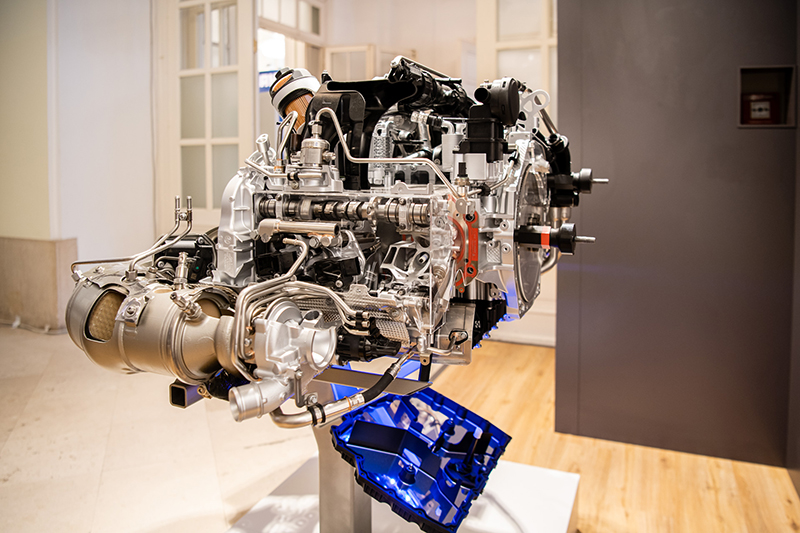Subject of course
- Boundary conditions for future developments – Legal requirements – Customer requirements
- Reduction of fuel consumption – Thermodynamics (e.g. gasoline direct injection, variable valve train systems, charge dilution, …) – Reduction of engine parasitic losses – Downsizing, shifting the engine’s operation to higher loads
- Alternative fuels
- Improvement of full load performance – Improved volumetric efficiency for natural aspirated engines – Charging
- Reduction of exhaust emissions – engine internal measures – exhaust gas aftertreatment
- Improved engine architecture – Mass reduction – Cost reduction – Improved engine comfort
- Current implementations of technologies in spark ignition engines
- Development trends for the future
Learning outcomes
After successful completion of the course, students are able to:
- respond to customer requirements while considering the development boundary conditions and legal regulations.
- use engineering fundamentals to optimize engines for their intended use.
- provide information about the latest developments in gasoline engines.
- provide information about possible future developments.
Please register for the course in TISS:
